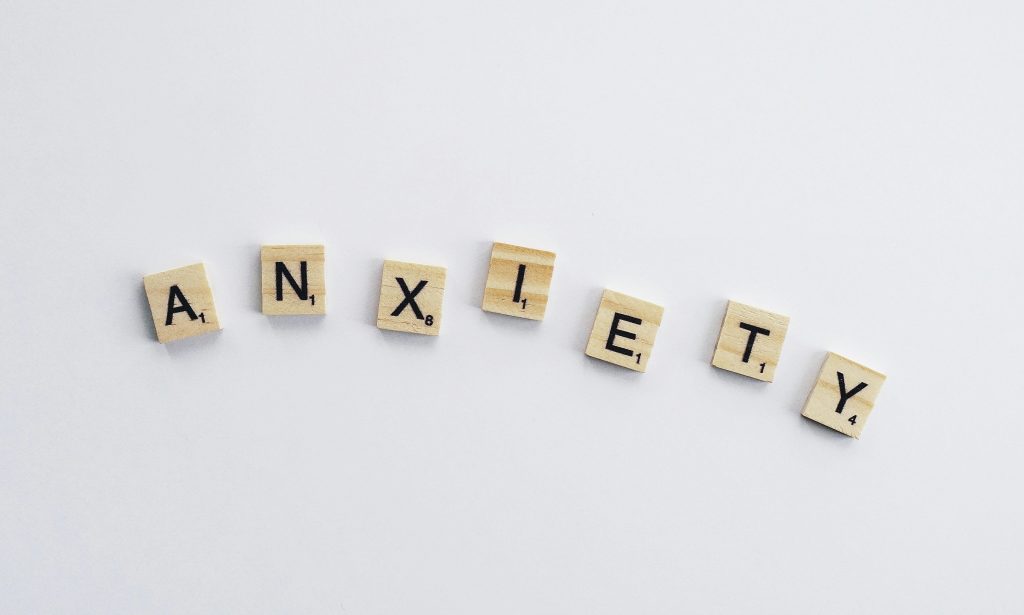Table of Contents
Anxiety is a common mental health condition that affects millions of people worldwide, varying in intensity and manifestation from mild unease to debilitating panic. It encompasses a range of emotions and physical sensations triggered by stressors, real or perceived, and can significantly impact daily life and overall well-being. Exploring the complexities of anxiety—its causes, symptoms, and effective coping strategies—can provide insights into managing this challenging condition and promoting mental health.

What is Anxiety?
Anxiety is a natural response to stress or danger, often referred to as the body’s “fight or flight” response. When faced with a perceived threat, the brain releases hormones like adrenaline and cortisol, preparing the body to react swiftly. While occasional anxiety is normal and can be adaptive, persistent or excessive anxiety that interferes with daily life may indicate an anxiety disorder.
Types of Anxiety Disorders
Generalized Anxiety Disorder (GAD)
GAD is characterized by excessive worry and anxiety about various aspects of life, such as work, health, or relationships. Individuals with GAD often experience chronic anxiety and find it challenging to control their worrying thoughts.
Panic Disorder
Panic disorder involves recurring and unexpected panic attacks, which are intense periods of fear and discomfort accompanied by physical symptoms such as rapid heartbeat, shortness of breath, and dizziness. Panic attacks can occur suddenly and without warning, leading to feelings of terror and a fear of future attacks.
Social Anxiety Disorder
Social anxiety disorder, also known as social phobia, involves intense fear of social situations and interactions. Individuals with social anxiety may fear judgment, embarrassment, or humiliation in social settings, leading to avoidance of social activities and isolation.
Specific Phobias
Specific phobias are intense fears of specific objects or situations, such as heights, spiders, flying, or enclosed spaces. When confronted with their phobia, individuals may experience extreme anxiety and may go to great lengths to avoid the trigger.
Post-Traumatic Stress Disorder (PTSD)
PTSD can develop after experiencing or witnessing a traumatic event, such as war, natural disasters, accidents, or assault. Symptoms may include intrusive memories, nightmares, hypervigilance, and emotional numbness.

Causes of Anxiety
Biological Factors
Genetics, brain chemistry, and hormonal imbalances can contribute to the development of anxiety disorders. Individuals with a family history of anxiety disorders may be more prone to experiencing anxiety themselves.
Environmental Factors
Stressful life events, trauma, childhood experiences, and significant life changes (e.g., moving, changing jobs, relationship issues) can trigger or exacerbate anxiety symptoms. Chronic stress and ongoing exposure to stressful situations can also contribute to the development of anxiety disorders.
Psychological Factors
Personality traits such as perfectionism, negative thinking patterns, and low self-esteem can predispose individuals to anxiety disorders. Additionally, certain ways of coping with stress, such as avoidance or rumination, may contribute to the maintenance of anxiety symptoms.
Symptoms of Anxiety
Emotional Symptoms
- Excessive worry and apprehension
- Feeling tense or restless
- Irritability and agitation
- Fear of losing control or going crazy
- Difficulty concentrating or focusing
Physical Symptoms
- Rapid heartbeat (palpitations)
- Shortness of breath
- Sweating
- Trembling or shaking
- Dizziness or lightheadedness
- Muscle tension and aches
Behavioral Symptoms
- Avoidance of anxiety-provoking situations
- Procrastination or difficulty making decisions
- Seeking reassurance from others
- Changes in sleep patterns (insomnia or excessive sleep)
- Substance use (alcohol or drugs) to cope with anxiety

Coping Strategies and Treatment
Mindfulness and Relaxation Techniques
Practicing mindfulness, deep breathing exercises, progressive muscle relaxation, and meditation can help calm the mind and reduce anxiety symptoms.
Cognitive-Behavioral Therapy (CBT)
CBT is a highly effective therapy for anxiety disorders. It helps individuals identify and challenge negative thought patterns and develop coping strategies to manage anxiety-provoking situations.
Medication
In some cases, medications such as selective serotonin reuptake inhibitors (SSRIs), serotonin-norepinephrine reuptake inhibitors (SNRIs), or benzodiazepines may be prescribed to alleviate symptoms of anxiety disorders. It’s essential to consult a healthcare professional for proper evaluation and treatment.
Lifestyle Modifications
Regular physical activity, adequate sleep, balanced nutrition, and reducing caffeine and alcohol intake can contribute to overall well-being and help manage anxiety symptoms.
Support Network and Self-Care
Building a support network of friends, family, or support groups can provide emotional support and practical assistance during difficult times. Engaging in hobbies, creative activities, and self-care practices can also promote relaxation and reduce stress.
Seeking Help
If anxiety symptoms persist or significantly interfere with daily life, seeking professional help from a psychologist, psychiatrist, or counselor is recommended. Mental health professionals can provide a thorough evaluation, diagnosis, and personalized treatment plan to address anxiety symptoms effectively.
Conclusion
Anxiety is a complex and multifaceted mental health condition that affects individuals differently. Understanding the causes, symptoms, and available coping strategies is crucial for managing anxiety and improving overall quality of life. By recognizing anxiety symptoms early, seeking appropriate support, and implementing effective coping strategies, individuals can navigate challenges and cultivate resilience in their journey towards mental well-being.


